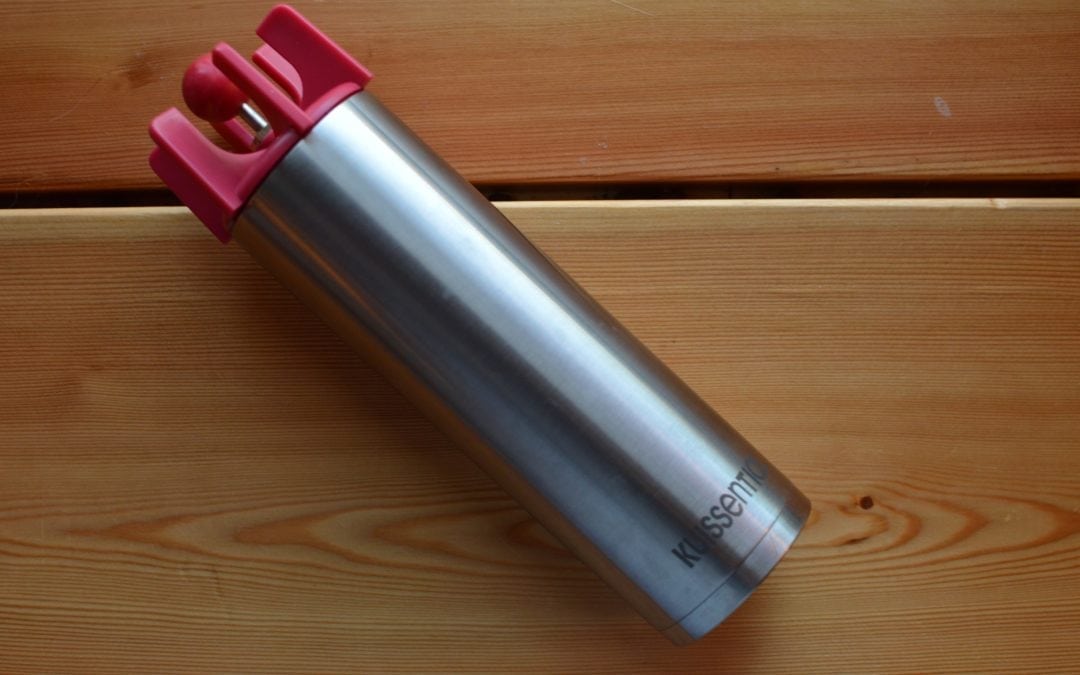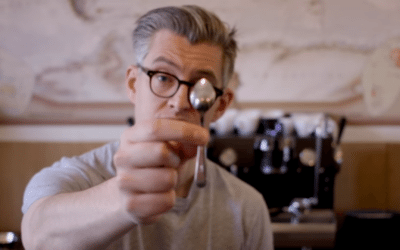Table of Contents
The love for coffee among all people is universal, so much so that 62% of Americans are reported to drink coffee every day. Even though there are so many people that know about coffee (and love it), there is a fair deal of misinformation about the impact of coffee. This is especially when it comes to its impact on our health.
For example, it may feel like on any given day there is a new unproven claim about the health effects of coffee. Does it stain your teeth? Is it unhealthy for you? Should you not drink more than one cup per day? These are some of the myths we tackle in this article.
Myth 1: Decaf Coffee Is Healthier Than Regular Coffee
There are two main differences between decaffeinated and regular coffee: taste and coffee level. Taste for regular coffee is often heavier than that of decaf coffee due how both get roasted. As for caffeine, in many cases there is 97% less caffeine in decaf coffee than in regular coffee. Other than the taste and difference in caffeine, though, the nutritional elements remain exactly the same between the two.
If anything, due the process of decaffeination, decaf coffee would be more likely to have less antioxidants than a cup of regular coffee. While decaf is not “healthier,” per se, it can definitely be a more suitable choice for some people based on their health conditions.
This can be true for people who want to be more careful with caffeine intake. We often see this for an individual who may be pregnant, has increased heart rate, or is dealing with anxiety, insomnia, or restlessness.
Myth 2: Coffee Ruins Your Teeth
While there is no doubt coffee can be harmful to our teeth, it gets a much worse rap than it deserves. The reason coffee is damaging to teeth is mostly due to its high levels of acidity. Acidity for teeth can be problematic because it softens your tooth enamel; this can make teeth weaker, less dense, and more likely to stain.
The reason we think coffee gets painted in a more negative light than necessary has to do with the fact that soft drinks often have higher levels of acidity. For example, coffee is actually less acidic than orange juice.
What really ruins your teeth isn’t coffee – it’s neglect and not taking care of your teeth. By balancing your diet with teeth ‘friendly’ foods, brushing and flossing daily, and always remembering to book a teeth cleaning (preferably bi-annually), you don’t have to worry as much about this overblown coffee myth!
Myth 3: Coffee Has No Nutritional Benefit
Despite what you might’ve heard, coffee hosts a large myriad of health benefits! Many short-term benefits include increased alertness and focus. Coffee has also shown to help with different issues like various types of headaches such as migraines.
In fact, according to the Harvard School of Public Health, consuming three to five standard cups of coffee daily has been associated with a reduced risk of several chronic diseases such as type 2 diabetes, abnormal heart rhythms, stroke, parkinson’s disease, alzheimer’s disease, liver disease, and gout.
Coffee’s major list of nutrients include magnesium, niacin, potassium, and vitamin B, as well as a lot of antioxidants. Anything with antioxidants can easily sound too good to be true, but there is proven data to suggest that coffee – along with tea and red wine – are some of the most antioxidant-rich beverages available.
Myth 4: Coffee Stunts Your Growth
Growing up many of us heard that young people shouldn’t drink coffee because it will stunt your growth, but there is actually no truth to this myth. One could speculate that because coffee can harm our teeth enamel, it could also cause osteoporosis, but this is not the case according to statistics.
In fact, one study found that caffeine didn’t eliminate calcium from the body but that people who drank more coffee also tended to drink less milk and other calcium-containing beverages (a prime example of correlation, not causation). One study even concluded caffeine contains anti-inflammatory elements that could aid in preventing gum disease and bone loss.
Instead of worrying about children stunting their growth, we should mainly focus on children’s caffeine intake and the variety of drinks caffeine is found in. The American Academy of Pediatrics suggests adolescents between the ages 12 to 18 should cap daily caffeine intake at 100 mg, and for children under 12 years old, pediatricians overall advise not consuming it at all.
Myth 5: Coffee Is Highly Addictive
Coffee is not a drug, but caffeine technically is. It is a stimulant drug naturally found in many plants which is why it can be found in so many popular beverages and snacks!
According to the American Journal of Medicine, drinking coffee regularly does result in tolerance to caffeine but results in only mild withdrawal symptoms like a headache, once you stop drinking it.
Caffeine affects everyone differently depending on many different reasons such as someone’s weight, health, amount consumed, and if other drugs are being consumed at the same time.
When abused, drinking way too many cups of coffee can certainly lead to a bad relationship with caffeine. That said, having one or two cups of coffee a day is unlikely to turn you into an addict.
According to the National Institute on Drug Abuse, while caffeine produces a small rise in dopamine, it does not cause the large surge that unbalances the reward circuits in the brain and is necessary for an addiction.
As with every type of food or drink we consume, we should be mindful of doing things in moderation.
Conclusion
Regardless of what you’ve been told about whether coffee is good or bad for you, the main takeaway is that you can determine how much coffee is best for you and your body. Because we all metabolize caffeine at different rates, the amount you can drink and when can vary from person to person. Refer to the data, do your research, and then arrive at your conclusions.
People who metabolize caffeine quickly can generally handle more coffee than those who need more time to break down caffeine. There is even a gene that can detect this! CYP-182 can tell us how fast caffeine is broken down and its compounds are released in the body.













0 Comments